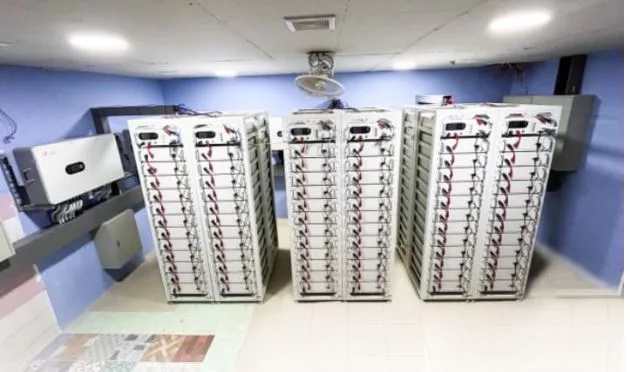Driving Digital Transformation in Healthcare: The Role of App Innovation
You have been observing how digital transformation is quietly redefining the healthcare landscape. The advent of technology is making patient care smarter and faster than ever. Now, more than ever, mobile and web applications are the real game changers, putting the power of healthcare right in your hand or pocket. This article clearly states how app innovation is assisting in overcoming current healthcare issues and evolving new seamless and friendly interfaces of service. You will discover some of the prominent instances of mobile and web apps utilized by various organizations.
Current Challenges in Healthcare
The really frustrating part about healthcare is how frequently patient management processes get bogged down in red tape and inefficiency. Most of the time, medical practitioners don’t have swift access to updated and organized patient data. Most patients do not interact actively or are fully engaged with their health and treatment plans. Resources are being entirely wasted in long and complex processes and decreasing communication in caregiving teams is becoming more common. All of these challenges need rapid, smart solutions in order to avoid long waiting lists, enhanced expenditures, and even diminished patient care quality.
The Benefits of App Innovation in Healthcare
You can benefit directly if your employer or care provider embraces app-driven transformation in healthcare. With the latest medical apps, there is 24/7 access to your health and the ability to get remote care without visiting a clinic. It has become easier for doctors to manage their schedules, facilitate workflows, and record information through these apps. They can get medical data faster and more efficiently. An example is how digital platforms are enabling providers to design treatment plans that could suit the needs of the patients. With all these updates, your health care will be much more holistic and convenient.
Case Studies of Successful App Implementations
Nearly every day, some incredible stories of how apps have transformed patient care come out. A popular example is Moovcare, which makes monitoring of cancer survivors easy by providing timely health alerts and virtual visits on one platform. The Medisafe app is a lifesaver for patients with chronic illnesses, as it provides daily reminders and tracks adherence. Similarly, the Woebot app has proved its worth in mental health support, providing real-time AI and CBT platforms. Take a look at Mirth, where operations in accordance with EMR are streamlined and patient care is efficiently tracked and planned. In chronic diseases, apps like mySugr are also empowering users to record their health in real time.
Strategies for Effective Healthcare Development
It is of extreme importance that a worker in the healthcare industry makes use of these technological advances by employing the right strategy. Developing user-centered design means every app will be easy to use. When developing, working together with medical practitioners and developers contributes to the production of apps that are well-suited to actual requirements in the medical field. During the healthcare software development process, comply with HIPAA and other legal requirements. Furthermore, data transfer must also be ensured between existing systems. Finally, the development is finished by testing the applications with real users and applying their suggestions to make the apps better.
The Future of Digital Transformation in Healthcare
Artificial Intelligence will play an increasingly important role in almost all healthcare fields, starting with diagnosis accuracy and personalized patient care. Modernization will offer the finest prediction mechanisms and clinical decision support to improve workflow. Mobile applications will take these decisions to the mass level, which would allow smarter appointment scheduling and troubleshooting based on data. Training of medical professionals in new technologies will also be seen to be a priority step. The future vision of a tech-based healthcare system includes personalized, predictive, and data-supported service delivery so that everyone can have an improved healthcare experience.
Conclusion
It is astonishing to think of how much work is being done in the digital transformation of healthcare to improve your care through the use of applications. A proper use of technology will not only lessen the paperwork but will also give you more time and focus on improved patient care. You can imagine how exchanging important data and responding quickly will shrink time wasted and improve outcomes in the future. You have to urge your team and the technicians working with you to be attentive to digital opportunities, as every tiny step could contribute to an advanced healthcare landscape.





